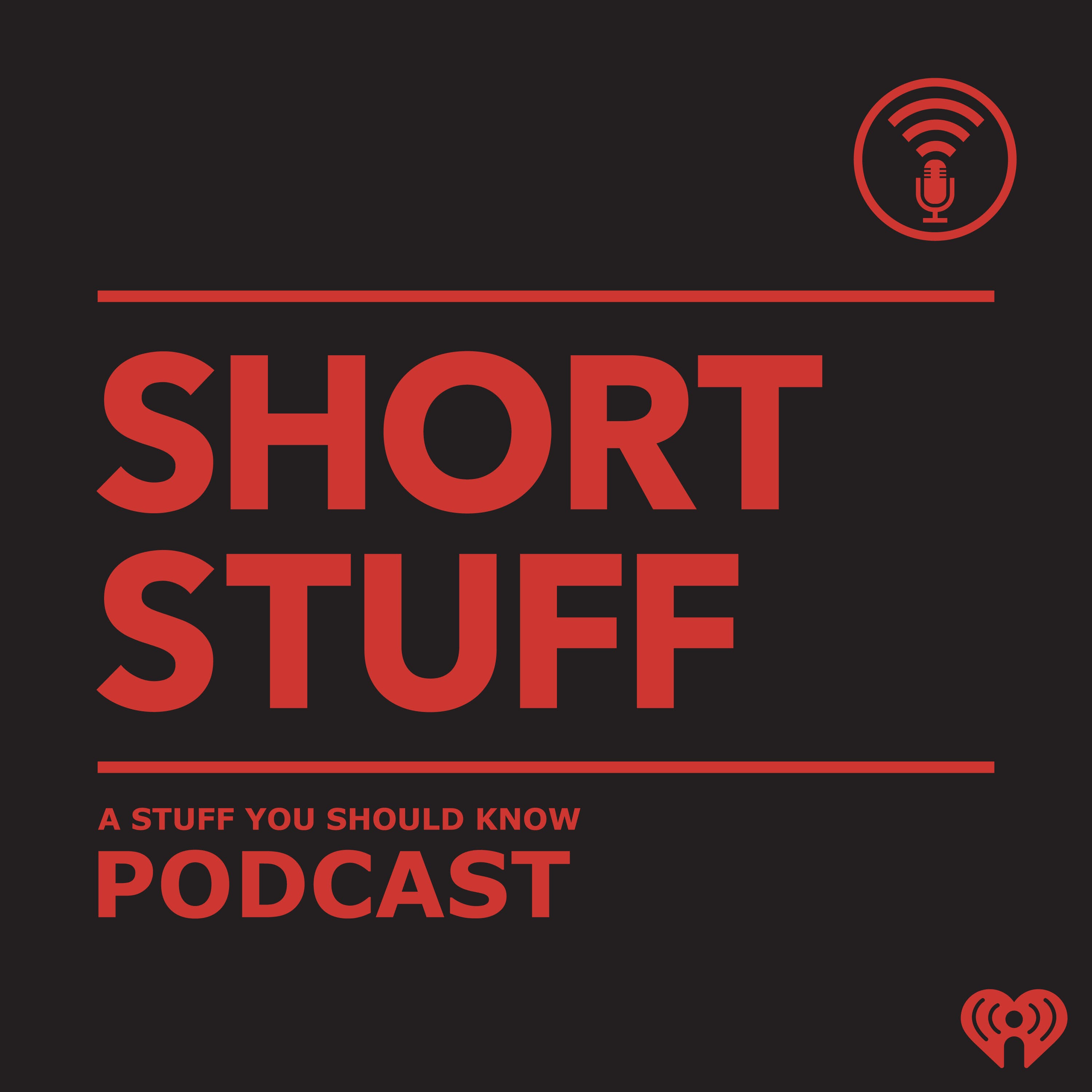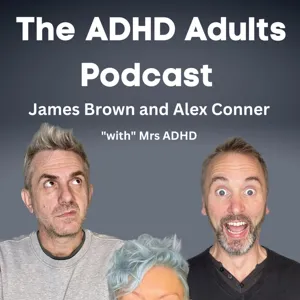Podcast Summary
A Historical Look at Chinatowns as Immigrant Hubs: Chinatowns served as crucial communities for Chinese immigrants during the 1800s, offering protection and a sense of belonging amidst racial exclusion and anti-Asian bias.
The iHeartRadio Music Awards is set to celebrate beloved artists and introduce new music this coming April 1st, featuring performances by Beyonce, Justin Timberlake, Green Day, TLC, Jelly Roll, Lainey Wilson, and hosted by Ludegris. Meanwhile, I found an intriguing insight about Chinatowns and their historical significance. They have served as a refuge for immigrants, particularly the Chinese, who came to America during the 1800s in search of opportunities amidst the Westward expansion and the gold rush in California. However, the necessity of Chinatowns also stemmed from racial exclusion and anti-Asian bias that persisted for many years in the US. Despite progress, this bias unfortunately continues today. Chinatowns provided a sense of community and protection for immigrants, who faced discrimination and job loss fears. Thousands of Chinese immigrants arrived in the 1850s alone, making it a significant demographic shift. The history of Chinatowns is a testament to the resilience and adaptability of immigrants in the face of adversity.
The Creation of Chinatowns in the Pacific Northwest: Immigrants faced discrimination and segregation but turned Chinatowns into vibrant, unique neighborhoods.
Chinese immigrants in the Pacific Northwest in the mid-19th century initially faced tolerance but later experienced increasing xenophobia as their numbers grew rapidly. Despite being forced to live in segregated communities, known as Chinatowns, they turned lemons into lemonade by creating vibrant, unique neighborhoods. The first formally recognized Chinatown was established in San Francisco in the 1850s, and by the end of the 1880s, it had grown into a 12-block area with around 22,000 Chinese immigrants, many of whom were men due to the Page Law of 1875 that prevented them from bringing their wives and families. This history lesson serves as a reminder of the resilience and creativity of immigrants in the face of adversity.
Chinatowns were predominantly male during late 1800s due to immigration laws: Chinatowns served as vital support systems for Chinese immigrants with housing, jobs, and legal services, shaping them as crucial resources and shelters in a new country.
Chinatowns in the United States during the late 1800s were predominantly populated by men due to immigration laws, leading to a significant gender imbalance. With the easing of these laws after World War II, more women began immigrating, resulting in a more family-oriented community. Chinatowns served as vital support systems for new Chinese immigrants, with organizations providing housing, jobs, and legal services. The community was also defined by Chinese-owned businesses catering to both Chinese and white customers. This historical context highlights the importance of Chinatowns as a crucial resource and shelter for Chinese immigrants in a new and unfamiliar country.
High-profile trials reflect societal issues: Historical trials, like Charles Gato's attempt on President Garfield and Chinese immigrant discrimination, highlight societal complexities and ongoing issues, including xenophobia and the importance of justice.
Throughout history, high-profile trials have raised thought-provoking questions and reflected the societal issues of their time. From the 2024 iHeartRadio Music Awards featuring artists like Justin Timberlake and Lainey Wilson, to the extraordinary trial of Charles Gato who shot President James Garfield in 1881, the legal battles of the past continue to shape our present. Similarly, the treatment of Chinese immigrants in the late 19th and early 20th century raises important questions about xenophobia and the impact of ethnic tensions. Despite initially tolerant attitudes, Chinese immigrants faced increasing hostility, leading to violent attacks on Chinatowns. The local government's response, such as Governor John Bigler's call for more restrictions, further fueled the issue. These historical trials, including the one against Charles Gato and the ongoing discrimination against Chinese immigrants, remind us of the complexities and nuances of justice and the societal issues that continue to resonate today. Tune in to History on Trial, now available on the iHeartRadio app, Apple Podcasts, or wherever you listen to your favorite shows, to learn more about these intriguing stories from American history.
The Chinese Exclusion Act: A Dark Chapter in American Immigration History: The Chinese Exclusion Act (1882) prevented Chinese immigrants from becoming citizens and entering the US, fueling discrimination and violence against Chinese communities, but Chinatowns eventually evolved into tourist attractions.
The Chinese Exclusion Act of 1882 was a significant and far-reaching immigration law in American history. This law prevented Chinese immigrants from becoming naturalized citizens and barred new Chinese immigrants from entering the country. The Act fueled anti-Chinese sentiment, leading to discrimination, violence, and the destruction of Chinatowns. These restrictions remained in place for approximately 60 years, with the situation worsening for those living outside of Chinatowns. However, by mid to late 20th century, anti-Asian violence subsided, and Chinatowns evolved into exotic but relatively safe places for non-Asian Americans to visit. Today, there are around fifty Chinatowns in the United States, with most major cities having one. The Chinese Exclusion Act serves as a reminder of the darker aspects of American immigration history and the importance of understanding and addressing discrimination.
Atlanta's Beaufort Highway: A Melting Pot of Cultures and Delicacies: Explore Atlanta's Beaufort Highway for diverse food offerings and rich cultural experiences, despite the lack of a traditional Chinatown.
Atlanta's Beaufort Highway is a unique cultural melting pot where various ethnic groups, including Chinese, Filipino, Mexican, and Vietnamese, coexist. This area is known for its diverse food offerings, with numerous restaurants and malls selling authentic dishes and frozen dumplings in bulk. However, it's essential to note that Atlanta doesn't have a traditional Chinatown like other major cities such as San Francisco, New York, or Chicago. Due to gentrification, many Chinatowns are shifting to the suburbs, and residents are moving to larger homes with lower costs of living. For instance, Monterey Park, California, was the first suburban Chinatown and became majority Asian American in the 1990s. Despite the high cost of living in the city, some residents choose to stay, cherishing the rich cultural heritage and community. Overall, a visit to Beaufort Highway in Atlanta is a must for food enthusiasts seeking an authentic cultural experience.
Preserving Cultural Heritage in US Chinatowns: Support local businesses in Chinatowns by visiting and patronizing them with cash transactions to help preserve cultural heritage and original character
The issue of gentrification in historic Chinatown neighborhoods across the United States, particularly in cities like San Francisco and Washington D.C., is a significant concern for second and third generation Chinese Americans. These communities want to preserve the cultural heritage and original character of these neighborhoods, preventing overdevelopment and ensuring that they remain vibrant and thriving. Despite being the most flourishing Chinatown in the country, San Francisco's Chinatown still faces challenges, with other Chinatowns, such as Washington D.C.'s, experiencing a significant decrease in Chinese residents. Visitors are encouraged to support these communities by visiting and patronizing local businesses, many of which only accept cash for transactions. This is a small but meaningful way to help preserve these cultural treasures. For more information and travel tips, listen to Stuff You Should Know, a production of iHeartRadio.






